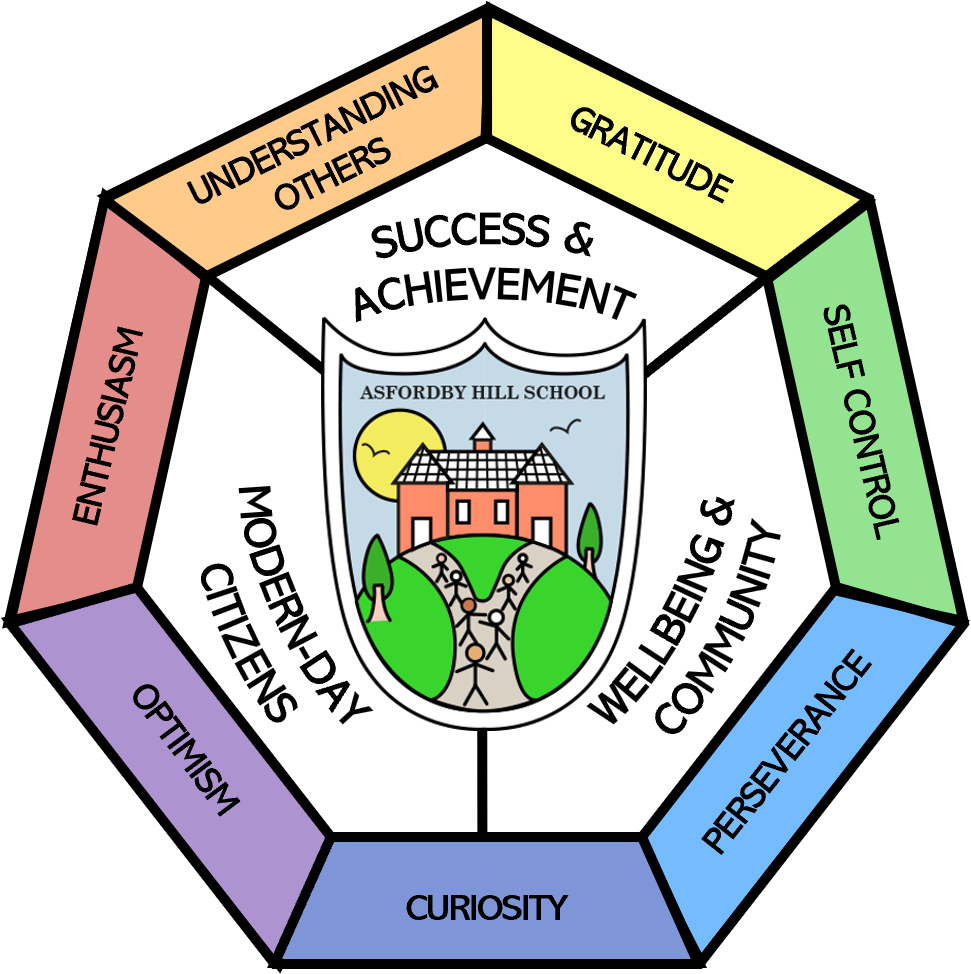EYFS
Every child deserves the best possible start in life and the support that enables them to fulfil their potential. Children develop quickly in the early years and a child’s experiences between birth and age five have a major impact on their future life chances. A secure, safe and happy childhood is important in its own right. Good parenting and high-quality early learning together provide the foundation children need to make the most of their abilities and talents as they grow up. Statutory Framework for the Early Years Foundation Stage (2017)
Intent - What are we aiming for?
We provide:
• quality and consistency so that every child makes good progress and no child gets left behind;
• a secure foundation through learning and development opportunities which are planned around the needs and interests of each individual child and are assessed and reviewed regularly;
• partnership working between practitioners, parents and/or carers and other members of staff.
• equality of opportunity and anti-discriminatory practice, ensuring that every child is included and supported.
At Asfordby Hill Primary School we believe that a positive early years’ experience is vital for a child’s development. Children develop rapidly during this time and we endeavour to nurture their early communication skills, speaking and listening, reading, writing and maths through an exciting environment and stimulating provision. The EYFS is distinct and important in its own right. It prepares the children for Key Stage 1 and later schooling. In the Early Years children need an environment which is safe and secure, where they can play, explore, experiment and develop in confidence, be curious and learn; we are proud to offer this at AsfordbyHill Primary School.
Our main aim is to promote, foster and develop each child’s curiosity and desire to learn through a broad, balanced and diverse curriculum using play as the key tool. The EYFS underpins future learning, therefore it is our role to provide the very best start to lifelong learning and to promote positive relationships between staff and parents in recognition of the significant role the family has in a child early development.
Implementation - What does this look like?
Children learn in different ways and develop at different rates. At Asfordby Hill Primary School we consider the individual needs, interests and stage of development of each child in our care and use this information to plan a challenging and enjoyable experience for each child in all areas of learning and development.
There are seven areas of learning and development that shape our EYFS curriculum. These areas of learning and development are considered as equally important and are inter-connected. The foundations set in the Early Years prepare children for the National Curriculum and closely align to the aims and vision of Asfordby Hill Primary School. Through these areas children are exposed to new knowledge and skills which are then built upon and retrieved throughout your child’s learning journey at Asfordby Hill. These areas are particularly crucial for igniting children’s curiosity and enthusiasm for learning, and for building their capacity to learn, form relationships and thrive.
The Prime areas are:
• Communication and language; Physical Development; and Personal, Social and Emotional Development (PSED).
The four Specific areas, through which the three prime areas are strengthened and applied, are:
• Literacy; Mathematics; Understanding The World; and Expressive Arts and Design.
The EYFS curriculum at Asfordby Hill Primary School reflects the 7 areas of learning identified above. The experiences we provide for the children allow them to develop a number of competencies, skills and concepts, often across more than one area of learning at any one time. The curriculum considers how children learn and develop and has been designed using supporting guidance such as the Development Matters statements and the Birth to 5 documentation. This ensures that children are on track to achieve the end of year expectations set out in the Early Learning Goals statutory guidance.
Each area of learning and development is implemented through planned, purposeful play and through a mix of adult-led and child-initiated activity, inside and outside of the classroom. We strongly believe that play is essential for child development, building their confidence as they learn to explore, think about problems, and relate to others. We appreciate children learn by leading their own play, and by taking part in play which is guided by adults. We make on-going judgements about the balance between activities led by children and activities led or guided by adults and we will respond to each child’s emerging needs and interests, guiding their development through warm, positive interaction. As our children grow older, and their development allows, the balance will gradually shift towards more activities led by adults, to help children prepare for more formal learning, ready for Year 1.
When planning and guiding our children’s learning we always reflect on the different ways that children learn and this, in turn, is reflected in the activities we provide for them. There are three characteristics of effective teaching and learning referred to in the revised EYFS and statutory guidance; we use these to deepen our knowledge of each child as an individual and also for assessment. These are:
• Playing and exploring – children investigate and experience things, and ‘have a go’. Children who actively participate in their own play develop a larger store of information and experiences to draw on which positively supports their learning;
• Active learning- children concentrate and keep on trying if they encounter difficulties. They are proud of their own achievements. For children to develop into self-regulating, lifelong learners they are required to take ownership, accept challenges and learn persistence.
• Creating and thinking critically – children have and develop their own ideas, make links between ideas and develop strategies for doing things. They think flexibly and rationally, drawing on previous experiences which help them to solve problems and reach conclusions.
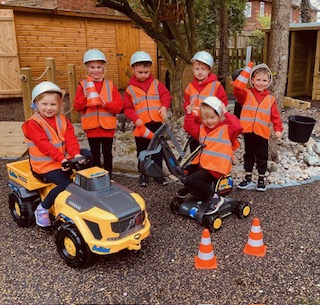
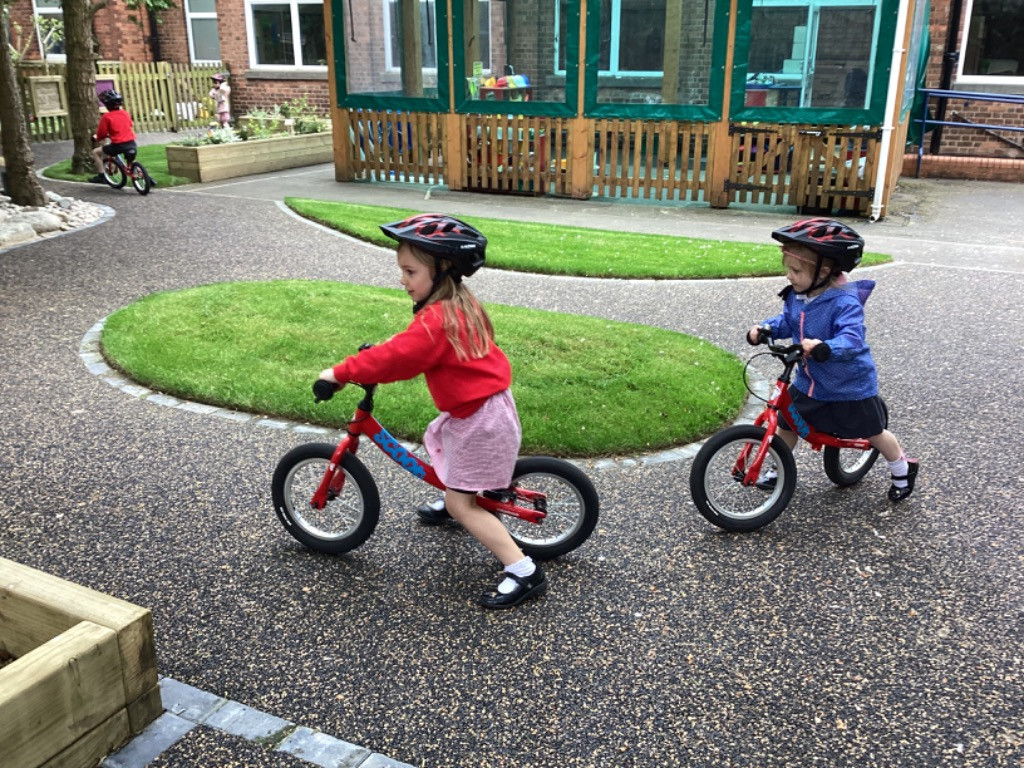
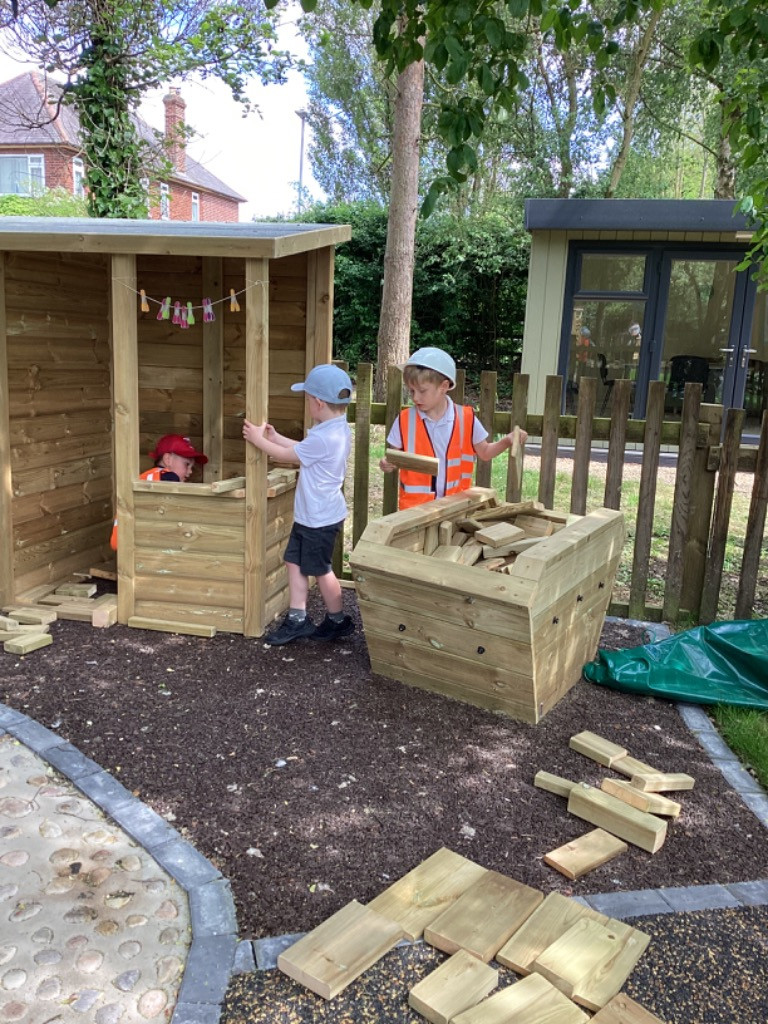
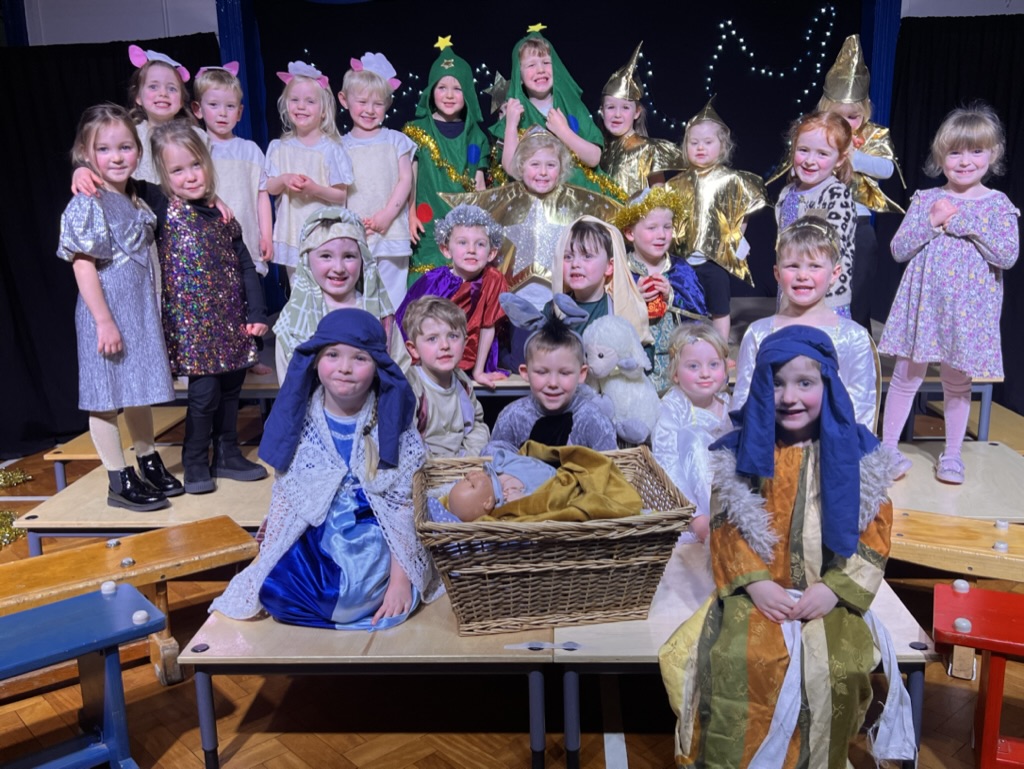
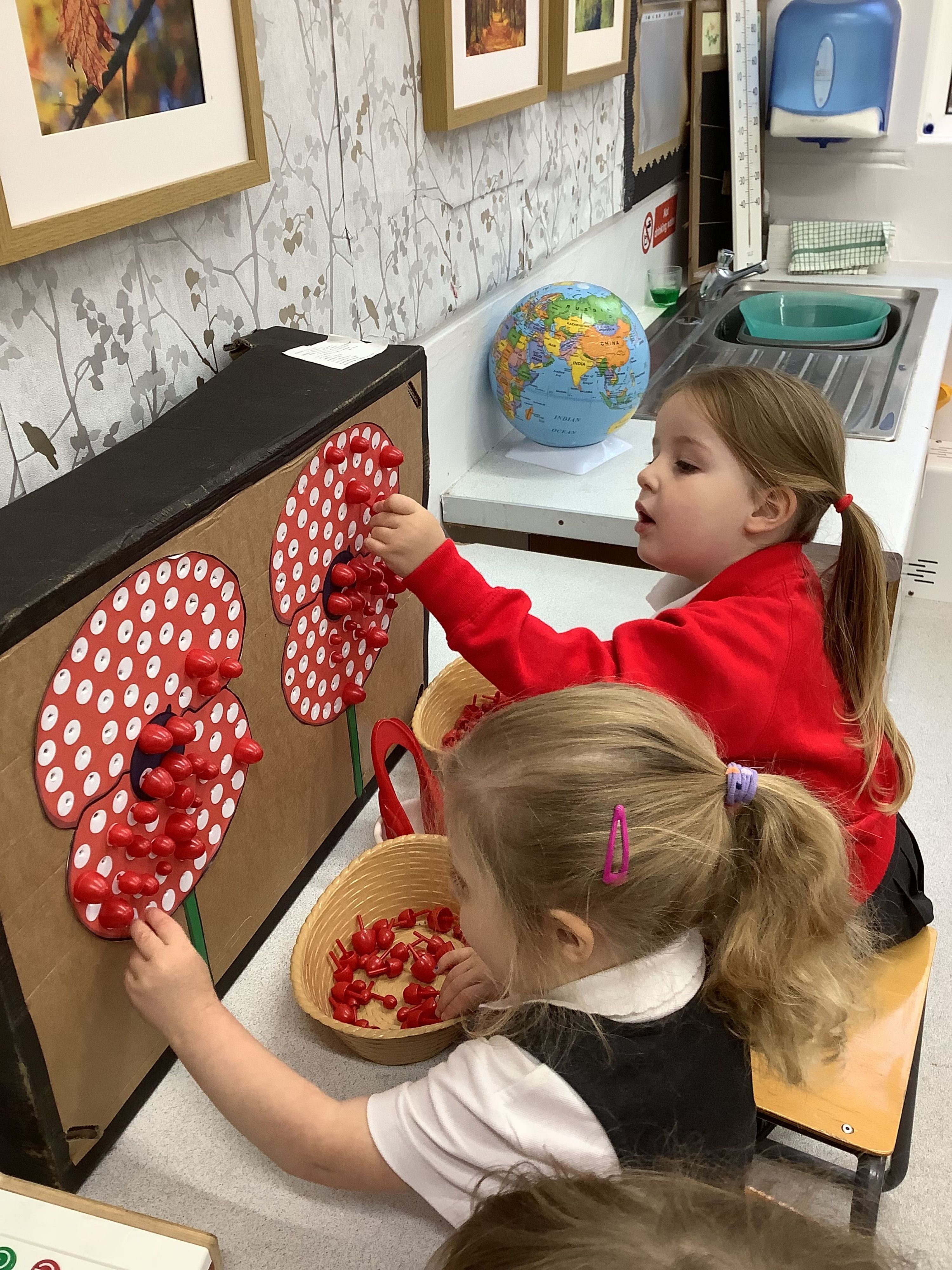

Key Documents:
